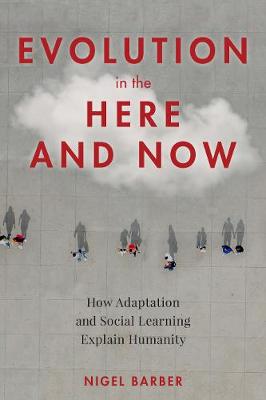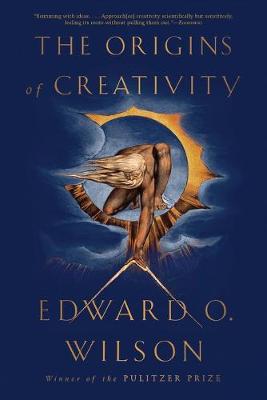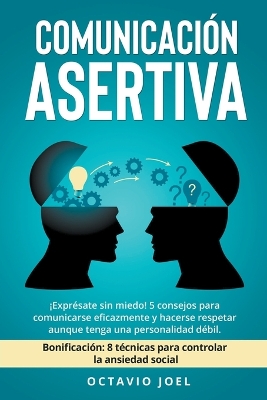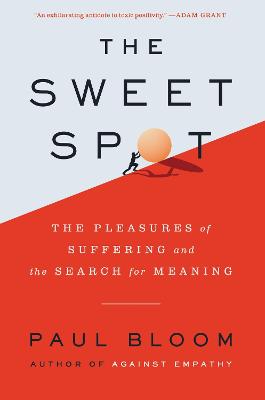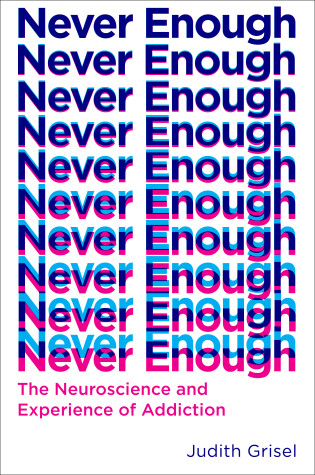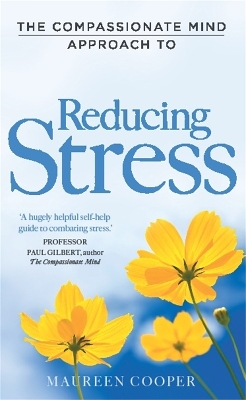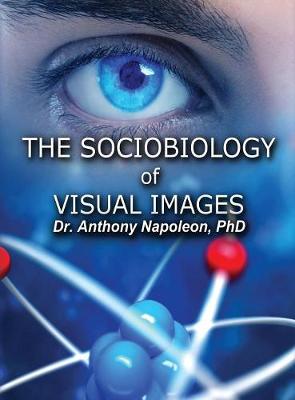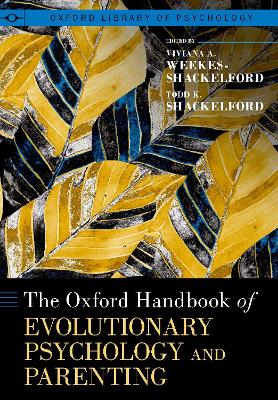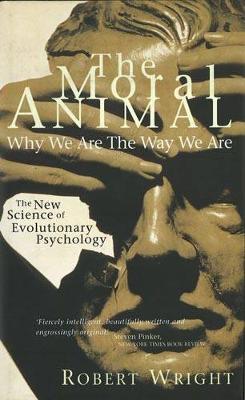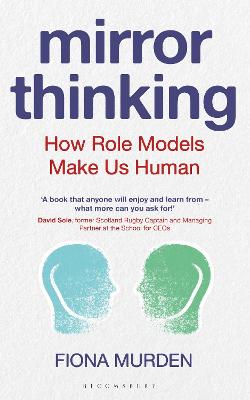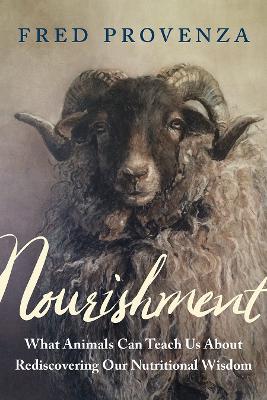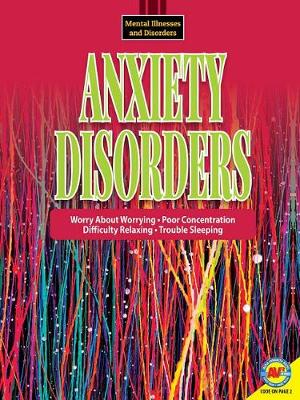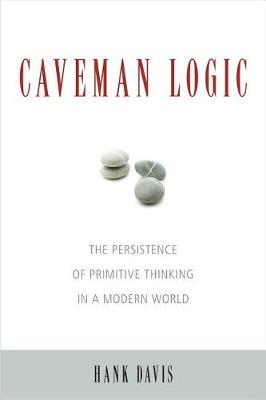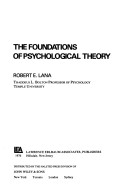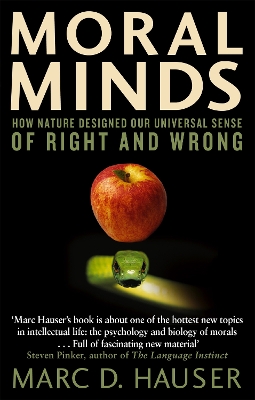This book argues that the two most influential theories on modern human behavior, cultural determinism and evolutionary psychology, are quite inadequate. Cultural deterministic theories deny personal experience and too often fall prey to anthropocentric bias. Most evolutionary psychologists argue that humans are shaped to fit our ancestral past, effectively freezing us in time. Evolution in the Here and Now looks to new factors like social learning and adaptation to explain the idiosyncrasies of...
An evolutionary psychologist traces the roots of political divisions back to our primate ancestors and male-dominated social hierarchies. Through the lens of evolutionary science, this book offers a novel perspective on why we hold our political ideas, and why they are so often in conflict. Drawing on examples from across the animal kingdom, clinical psychologist Hector A. Garcia reveals how even the most complex political processes can be influenced by our basic drives to survive and reproduce...
In a stirring exploration of human nature recalling his foundational work Consilience, Edward O. Wilson offers a "luminous" (Kirkus Reviews) reflection on the humanities and their integral relationship to science. Both endeavors, Wilson argues, have their roots in human creativity-the defining trait of our species. By studying fields as diverse as paleontology, evolution, and neurobiology, Wilson demonstrates that creative expression began not 10,000 years ago, as we have long assumed, but more...
A NEW YORK TIMES BESTSELLER From a renowned behavioral neuroscientist and recovering addict, a rare page-turning work of science that draws on personal insights to reveal how drugs work, the dangerous hold they can take on the brain, and the surprising way to combat today's epidemic of addiction. Judith Grisel was a daily drug user and college dropout when she began to consider that her addiction might have a cure, one that she herself could perhaps discover by studying the brain. Now, after t...
The Compassionate Mind Approach to Reducing Stress
by Maureen Cooper
Stress is an unavoidable part of life that we will all encounter at various times in our lives, be it due to a one-off event such as losing a job or the break-up of a relationship, or from facing long-term difficulties such as working in a stressful environment or caring for someone who is ill. How well we deal with stress will influence the extent to which it affects our lives. In this ground-breaking book, Maureen Cooper explains why we are designed to respond to stress in a certain way and w...
The Oxford Handbook of Evolutionary Psychology and Parenting
by Todd K Shackelford and Special Lecturer Viviana A Weekes-Shackelford
The Oxford Handbook of Evolutionary Psychology and Parenting provides a comprehensive resource for state-of-the-art research on how our evolutionary past informs current parenting roles and practices. Featuring chapters from leaders in the field, the Handbook is designed for advanced undergraduates, graduates, and professionals in psychology, anthropology, biology, sociology, and demography, as well as many other social and life science disciplines. It is the first resource of its kind that brin...
13th International Multisensory Research Forum
Robert Wright examines a new science that has emerged from the work of evolutionary biologists and the social sciences. Taking the life and work of the evolutionist Charles Darwin as his context, Wright demonstrates how Darwin's ideas are still relevant today. He retells - from the perspective of evolutionary psychology - the stories of Darwin's marriage, family life and career. From this paradigm Wright draws conclusions about the structure of people's most basic preoccupations - sex, ambition,...
Parents, friends, teachers, relatives, and even work colleagues – from the people close to us to those we never even meet – other people are constantly shaping who we are. The mirror neuron is a part of the brain that has shaped each and every one of us throughout our lifetimes. It is the very essence of what makes us human, but most of us have never even heard of it. Mirror Thinking explores how the mirror neuron has defined us through the role models we observe and interact with. All of the...
Anxiety Disorders (Mental Illnesses and Disorders: Awareness and Understanding)
by H.W. Poole
We see the face of the Virgin Mary staring up at us from a grilled cheese sandwich and sell the uneaten portion of our meal for $37,000 on eBay. While science offers a wealth of rational explanations for natural phenomena, we often prefer to embrace the fantasies that reassured our distant ancestors. And we'll even go to war to protect our delusions against those who do not share them. These are examples of what evolutionary psychologist Hank Davis calls "Caveman Logic." Although some examples...
The Foundations of Psychological Theory (Psychology Library Editions: History of Psychology, #6)
by Robert E. Lana
Over the previous decade, Robert E. Lana had attempted to understand the enterprise of psychology as a totality. Such an attempt was unpopular in the 1930s, 1940s and 1950s but had become increasingly more popular to psychologists in the 1970s. After considerable study, he became convinced that the twin vehicles for such a task were the history of the field and the epistemological contexts into which psychological theories fit. Originally published in 1976, the initial chapters in this volume ar...
Scholars have long argued that moral judgements arise from rational deliberations about what society determines is right and wrong. This has generated the idea that our moral psychology is founded on cultural experience. In the revolutionary MORAL MINDS, Marc Hauser challenges these concepts, showing that this view is illusory and arguing instead that humans have evolved a 'moral instinct', a universal feature of the human mind rather than one informed by gender, education or religion.Combining...

